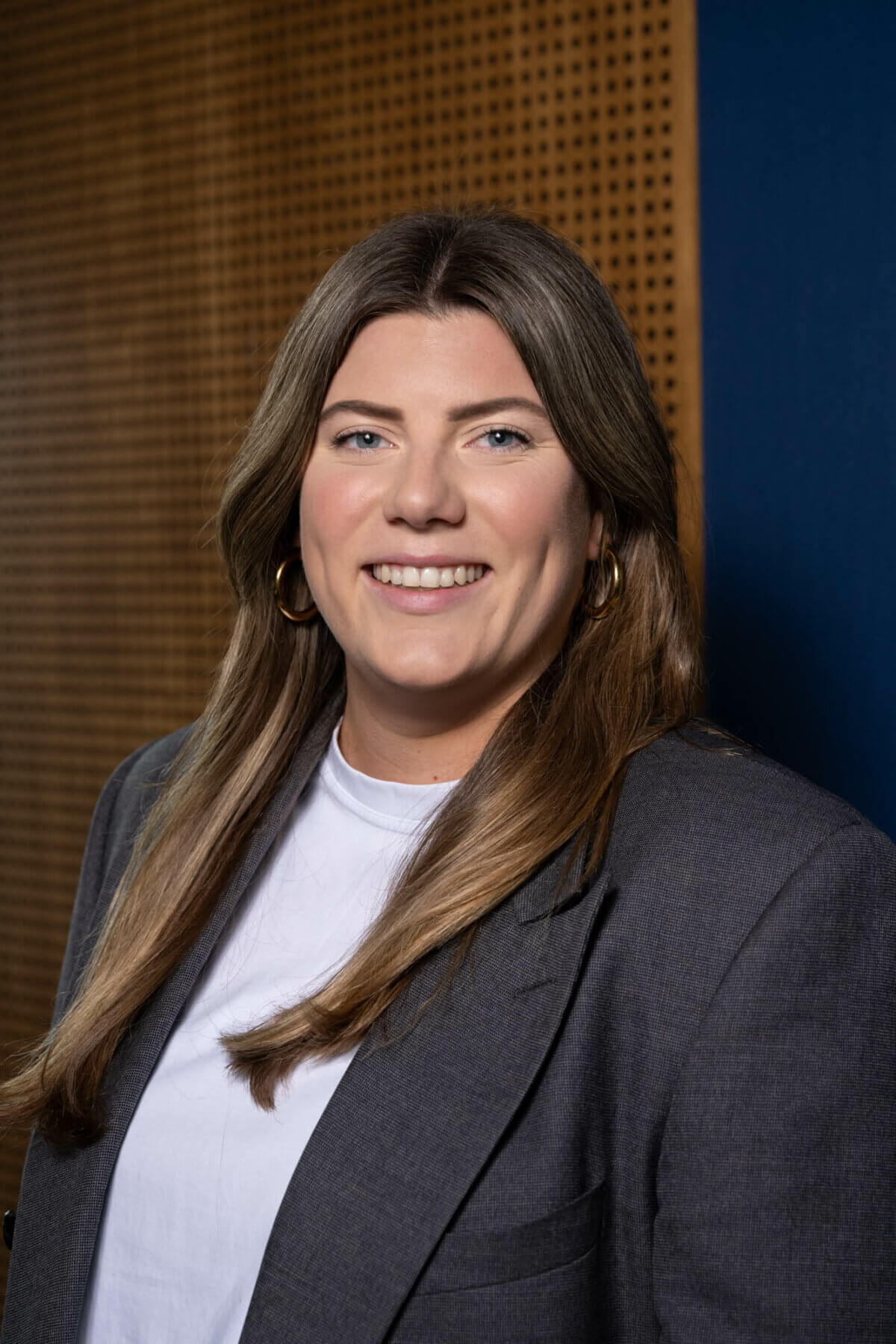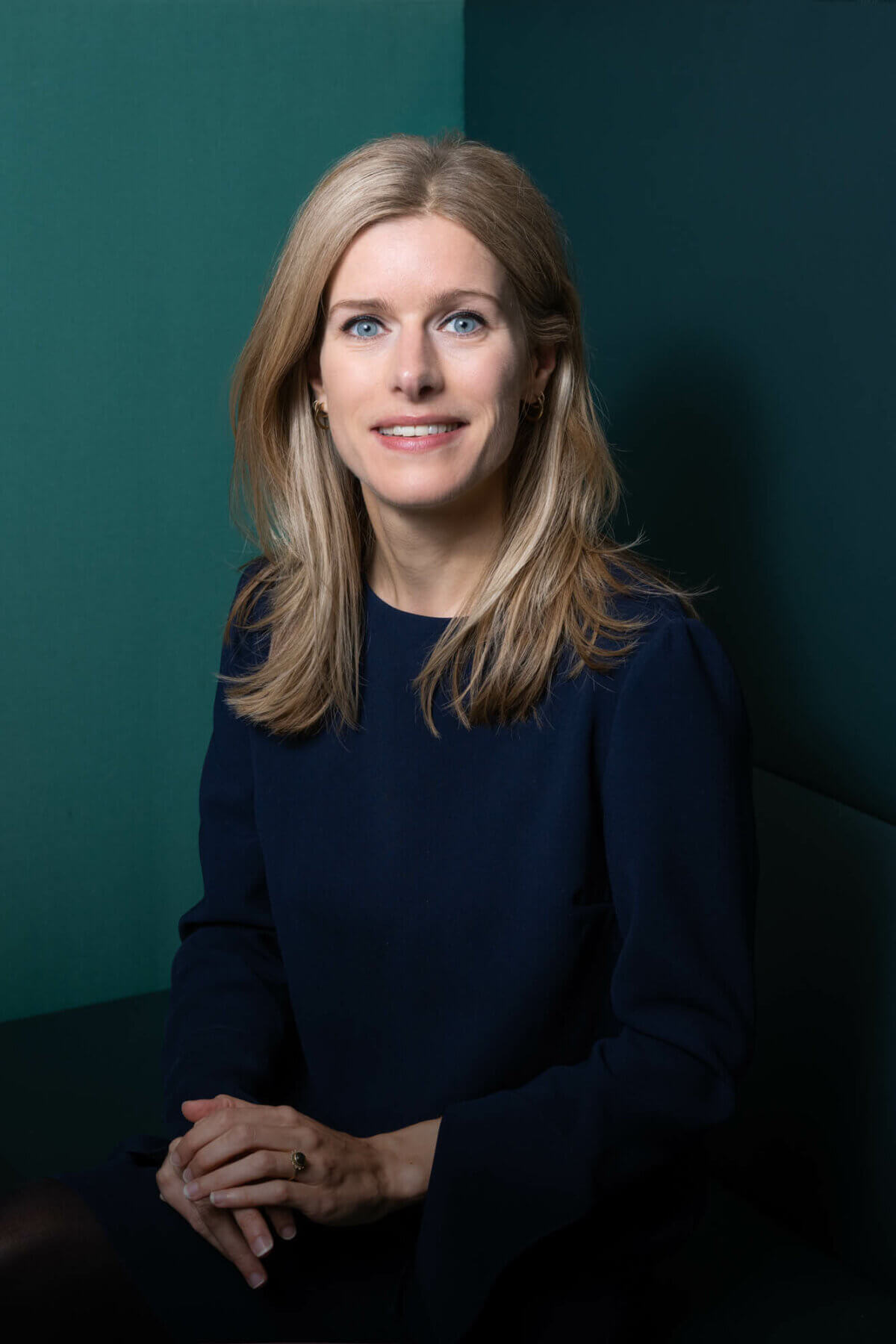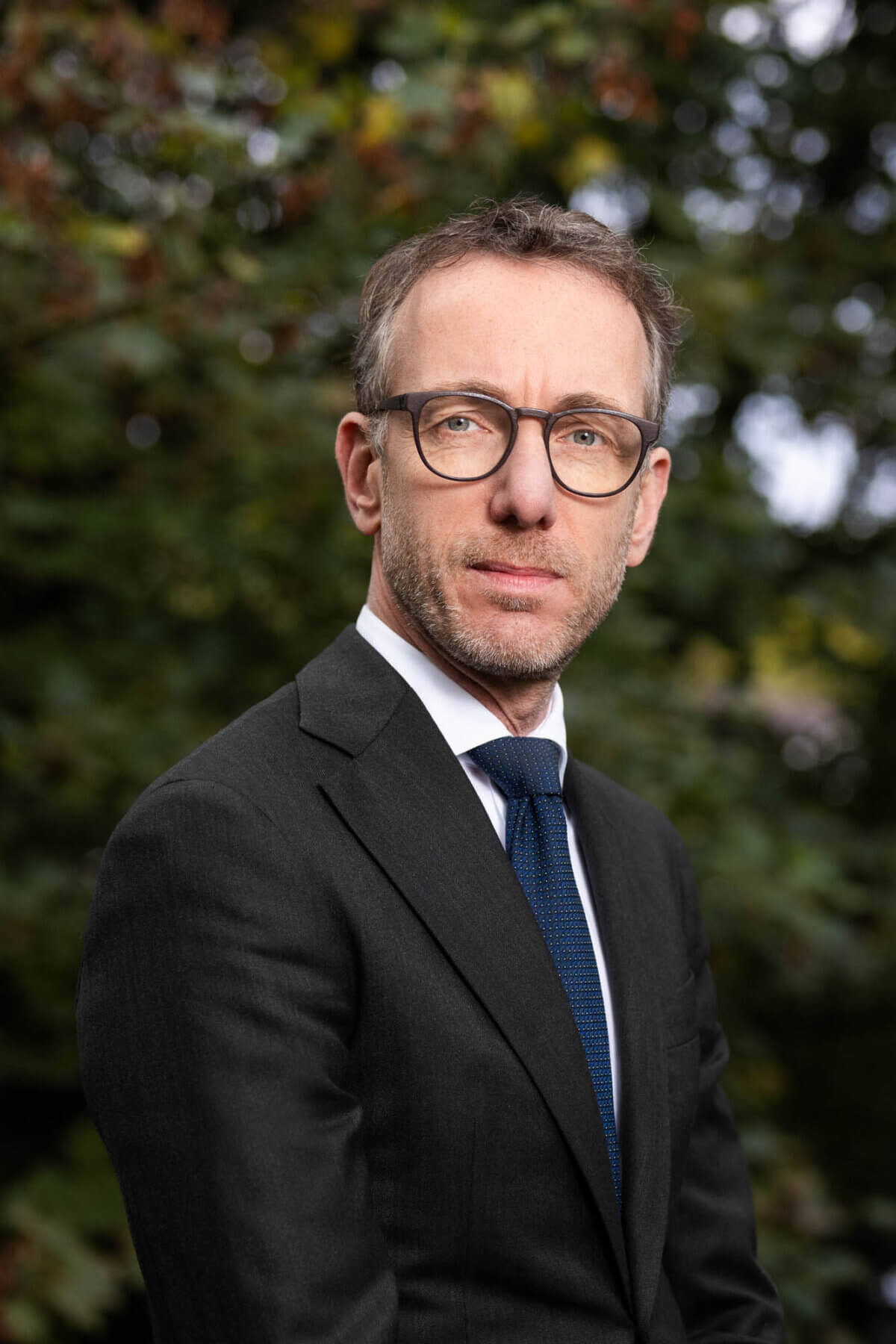Payment industry ecosystem is increasingly looking for cooperation; and this will continue for the time being
Anyone following the news about the payment industry will have seen a large number of mergers and acquisitions in recent years. Not surprisingly, if we look at the challenges that companies face. “Stay innovative” is the motto of FinTech specialist Arno Voerman, partner at Van Doorne.
Adyen, Buckaroo, Worldpay: just some of the well-known names of payment service providers (PSP). A PSP or payment provider gives shops, especially those online, the opportunity to receive payments via payment options such as credit cards, iDeal or smartphones. In recent years, numerous FinTech start-ups have been born into this market worldwide, each with its own platform and interesting customer portfolio. The number is now so large that a merger and takeover storm is brewing in the payment sector. The causes? High customer expectations, increased supervision and stricter laws and regulations, the desire to expand abroad and to pump money into innovative solutions in order to stay ahead of the competition.
Arno Voerman, FinTech lawyer and partner at Van Doorne, recognises these factors from his own practice and is, therefore, not surprised that so many PSPs are getting involved with acquisitions and partnerships in order to survive in the hectic FinTech world. “FinTechs need a lot of capital to keep up. If you were a pioneer a few years ago, you may now find yourself at the back of the queue because new FinTechs can start from scratch and immediately meet today’s requirements. That requires innovative power.”
Compliance, in particular, appears to be a major cost item. Privacy requirements have increased considerably with regard to collecting and using data in the right way, and there will also be a need to invest in greater cyber security. “In order to stay with or ahead of the competition, you have to achieve an increase in scale by buying other PSPs or FinTechs. New capital is almost impossible to get out of the company’s own income,” says Voerman, who indicates that he does not, for the time being, expect any weakening of the merger and takeover storm.
According to Voerman, the battle for consolidation will therefore continue for some time to come. In the Netherlands, we currently still have about 40 payment service providers, all of whom fish in the same e-commerce pond. “For example, the big players can still compete on iDeal costs, but smaller parties cannot keep up. They don’t even start doing that anymore. Some of them have even sold all their customer portfolios’.
FinTech-M&A
For FinTechs, entering into a partnership or even proceeding to a complete merger or takeover is a complex process. Specialised knowledge in areas such as regulatory affairs, ICT, data security and privacy and corporate law is essential to ensure that the whole process runs smoothly. Van Doorne has a multidisciplinary FinTech team that fully focuses on these aspects. Where necessary, the team also engages colleagues on tax matters, employment law elements, the intellectual property of tangible and intangible items of property and, of course, competition law.
We see happy faces with the regulators. After all, it is better to have fewer licensees to supervise more effectively than not to be able to supervise in a forest of PSPs. This is no coincidence. DNB’s requirements have increased considerably, so that it has become a difficult market for smaller parties. “Contrarily, the new playing field offers prospects for new parties, due to the introduction of PSD2. The question then is whether you apply for a licence yourself, which will involve an enormous lead time, or do you accept a party that already has such a licence? This is attractive to both parties, because a licence is worth a lot of money”, Voerman points out the new possibilities.
When taking over a PSP, the investor pays a lot of attention to the compliance risks, even more so than to the potential lifecycle of the company: are there any surprises that could soon result in a huge fine? Voerman: “The technical aspects are, of course, also relevant: are you able to link the platforms of both parties together, and could the customer portfolios be merged? The valuation of a PSP is therefore difficult. At a time when ICT solutions are rapidly becoming obsolete, the timing of a purchase or sale is key: the pot of gold that you expect to collect tomorrow could go up in smoke this afternoon.” Research and advice from the right experts is therefore crucial.











